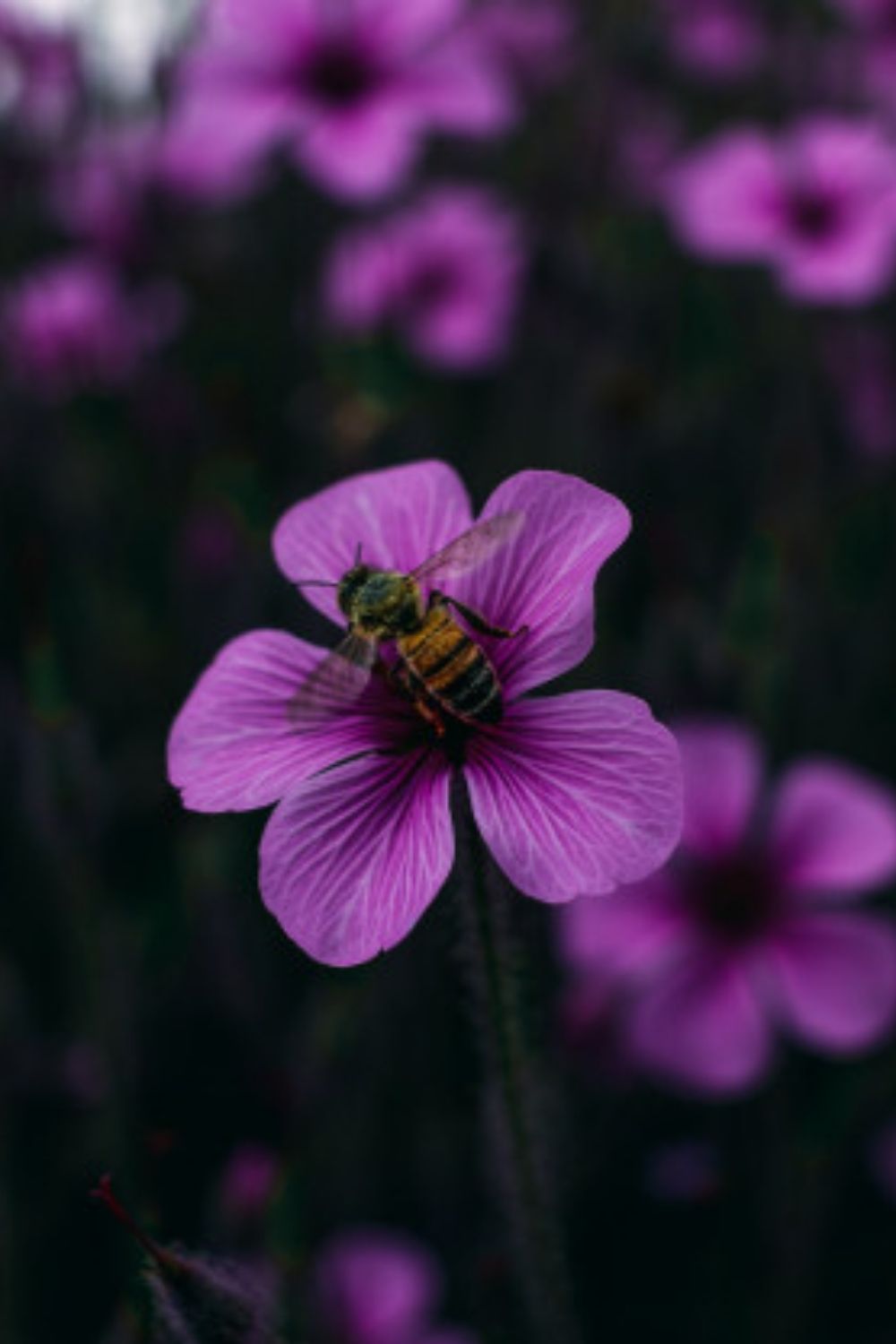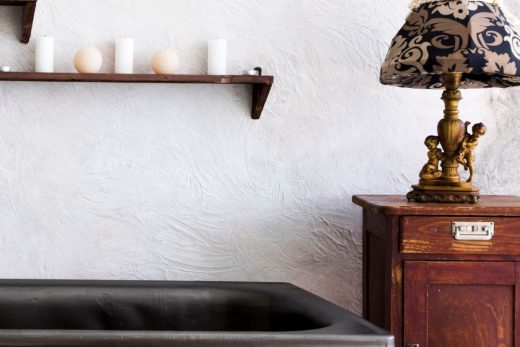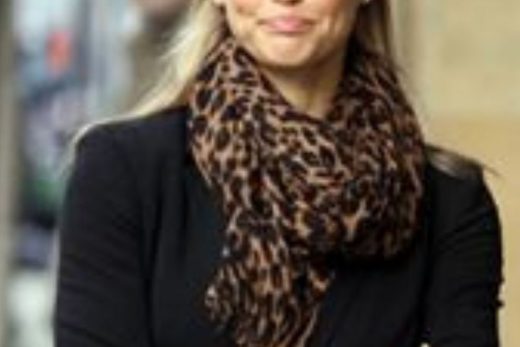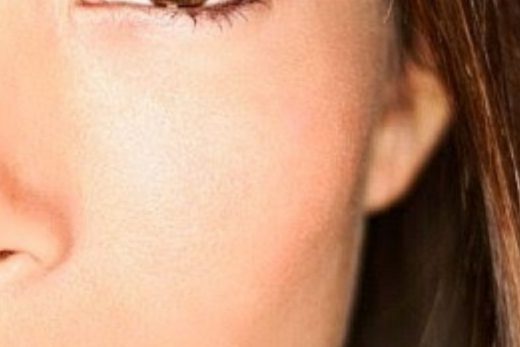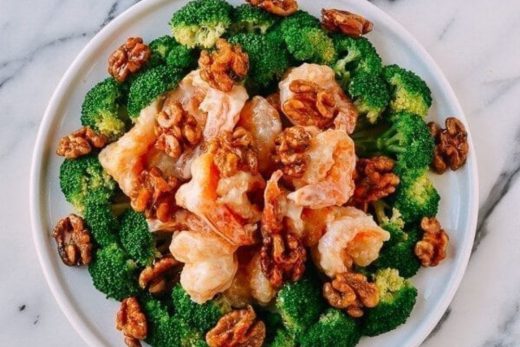Searching for plants that grow in full shade is a job filled with challenges. The challenges begin with the definitions of sunlight requirements, so the relevant terms need to be discussed first, starting with the definition of full shade.
The term full shade does not mean no sun. For horticultural purposes, a location is considered to be in full shade if it receives less than three hours of direct sun daily and receives filtered sun the rest of the day. Preferably, the hours of direct sun occur in the cooler hours of the morning with filtered protection from intense sun in the late afternoon.
A distinction should also be made between the terms surviving and thriving. Many plants can survive in full shade, but that is not sufficient for the purposes of most gardeners. Ornamental gardens are meant to beautify a property, and a plant that underperforms (for example, by not flowering as much as it should) is not helping the garden live up to this goal. A plant that is merely surviving is taking up space that is better occupied by a plant that will perform at its best in full shade. Therefore, the best examples of full shade plants cannot just survive in low-light conditions but rather thrive in them.

